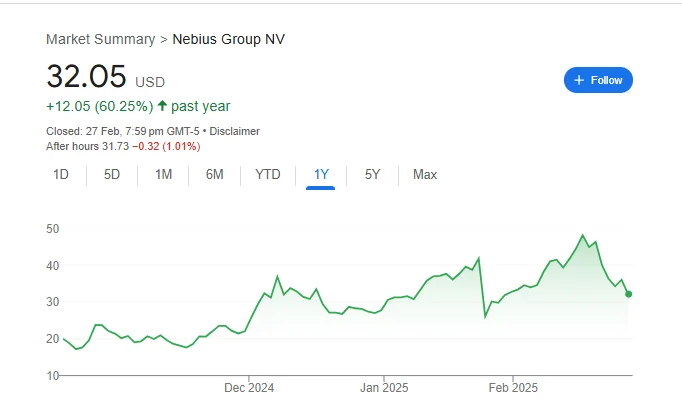Article Directory
Why "People Also Ask" Is Google's Most Underrated Data Goldmine
Google's search results page is a battleground for attention. We're bombarded with ads, featured snippets, and "knowledge panels" all vying for our clicks. But buried amongst the noise is a section often overlooked: "People Also Ask" (PAA). And I think it's Google's most underrated data goldmine.
PAA boxes appear organically (no ad spend required) and aim to answer related questions to your initial search. Each answer, when clicked, expands to reveal a snippet of text from a website, along with a link to the source. Click on one, and the box populates with more related questions. It's an infinite rabbit hole of information. But what can we really glean from it?
The Wisdom (and Madness) of the Crowd
The beauty of PAA lies in its crowdsourced nature. It's a direct reflection of what users actually want to know. Forget keyword research tools and SEO consultants; PAA offers a raw, unfiltered glimpse into the collective curiosity of the internet. If you're trying to understand a market, a trend, or even just gauge public sentiment on a particular topic, PAA is an invaluable resource.
But here’s the rub: the "wisdom of the crowd" can also be the "madness of the crowd." Just because a question is frequently asked doesn't mean it's insightful or even accurate. I've seen PAA boxes populated with questions based on complete misinformation (vaccine conspiracy theories spring to mind). Google's algorithm, while sophisticated, isn't immune to amplifying popular, but ultimately flawed, narratives. So take it all with a grain of salt.
And this is the part of the report that I find genuinely puzzling: How does Google decide which questions to surface? The algorithm is obviously prioritizing relevance, but what other factors are at play? Are they looking at search volume, click-through rates, or something else entirely? Details on the precise weighting of these factors remain scarce.
The Echo Chamber Effect
One potential downside of PAA is the "echo chamber" effect. The algorithm tends to reinforce existing beliefs by surfacing questions that confirm users' biases. If you search for "are electric cars worth it?", you're likely to see PAA questions like "what are the disadvantages of electric cars?" or "are electric cars bad for the environment?". This can create a self-fulfilling prophecy, where people only encounter information that supports their pre-existing views.

This leads to a broader question. Is Google actively shaping public opinion through PAA, or is it simply reflecting it? It's a chicken-and-egg scenario, and it's difficult to disentangle cause and effect. But one thing is clear: PAA has the potential to influence how people perceive the world, whether intentionally or not. The implications for political discourse (especially during election season) are concerning.
Imagine PAA as a giant suggestion box for the internet. The more people suggest a topic, the more likely it is to get amplified, regardless of its validity. It's a powerful tool, but it needs to be wielded responsibly.
The Real Value Proposition
Ultimately, the value of PAA lies in its ability to reveal unmet information needs. By analyzing the questions that people are asking, businesses and organizations can identify gaps in their content and tailor their messaging accordingly. Are customers confused about a particular product feature? Is there a common misconception about your industry? PAA can provide valuable insights that can inform your marketing strategy and improve customer satisfaction.
But here's the thought leap: how is Google gathering this data? Are they tracking user behavior across all of their services, including search, YouTube, and Google Assistant? It's a reasonable assumption, given their vast data collection capabilities, but the specifics are murky.
Google's Data Dominance, Plain and Simple
PAA is more than just a handy feature for searchers; it's a testament to Google's data dominance. They have access to a vast trove of information about what people want to know, and they're using that information to create a more engaging and personalized search experience. It's a virtuous cycle: the more people use Google, the more data they collect, and the better they become at anticipating our needs.
So, What's the Real Story?
PAA is a data-rich environment, but it requires analytical skill to extract actionable insights. Like any data set, it's subject to biases and limitations. But for those willing to dig beneath the surface, it offers a unique window into the collective consciousness of the internet.




